Title: Advanced machine learning for regional potato yield prediction: analysis of essential drivers
Journal: npj Sustainable Agriculture
DOI: https://doi.org/10.1038/s44264-025-00052-6
Abstract: Localized yield prediction is critical for farmers and policymakers, supporting sustainability, food security, and climate change adaptation. This research evaluates machine learning models, including Random Forest and Gradient Boosting, for predicting crop yields. These models can be adapted for in-season yield forecasting, providing predictions as early as one month before harvest. The study applied models to postal code-level yield data from 1982 to 2016, incorporating daily climate data, agroclimatic indices, soil parameters, and earth observation NDVI data for Prince Edward Island (PEI), Canada. SHapley Additive exPlanations (SHAP) values identified temperature variables and NDVI as significant predictors. The study highlighted rainfall and soil water retention’s importance for irrigation strategies. Random Forest achieved an RMSE of 0.011 (t/ac), 0.6 (t/ac) less than the best linear regression model. This precision translates to $81,600 CAD per farm annually in PEI, supporting economic and environmental benefits through improved planning and land management.

Here in the Climate Smart Lab, we are a group of people developing sustainable climate solutions with cutting-edge technologies to help build climate-resilient communities. Collectively, we are working together with experts from all disciplines to build a climate-smart future for the next generation and many generations to come.